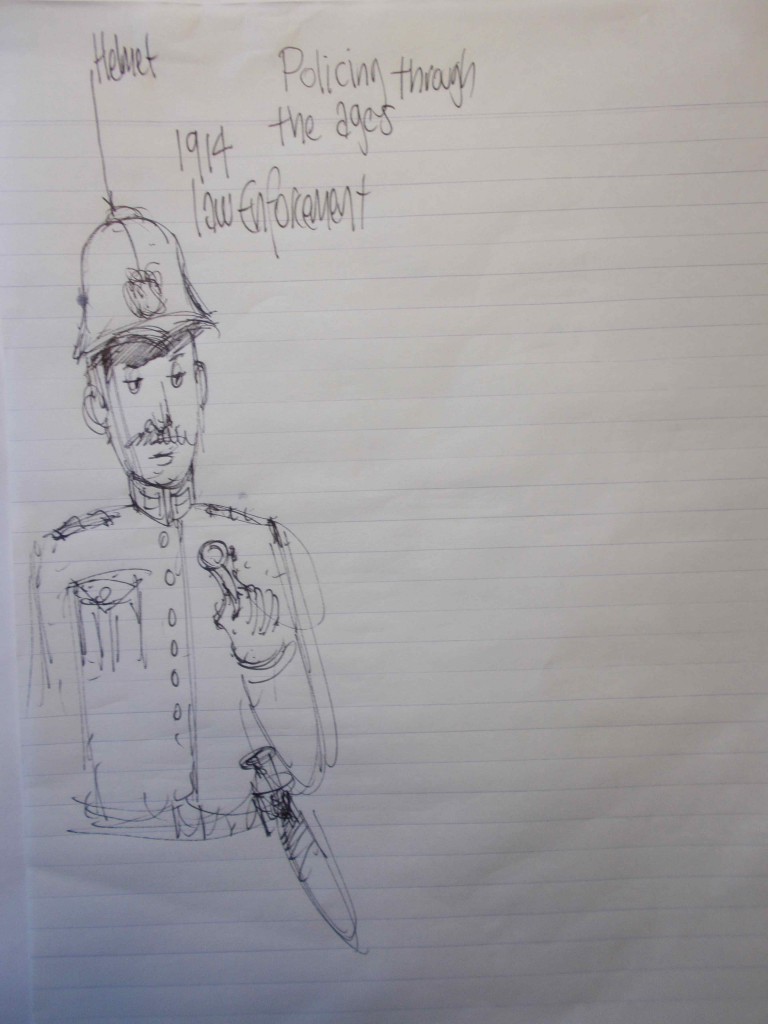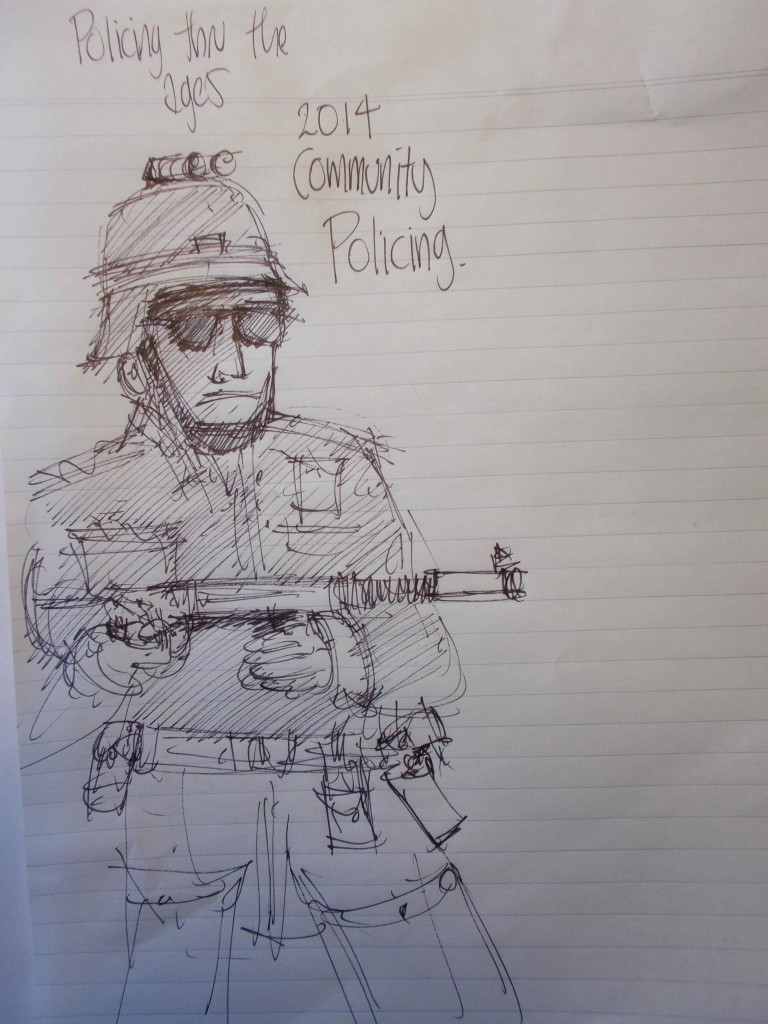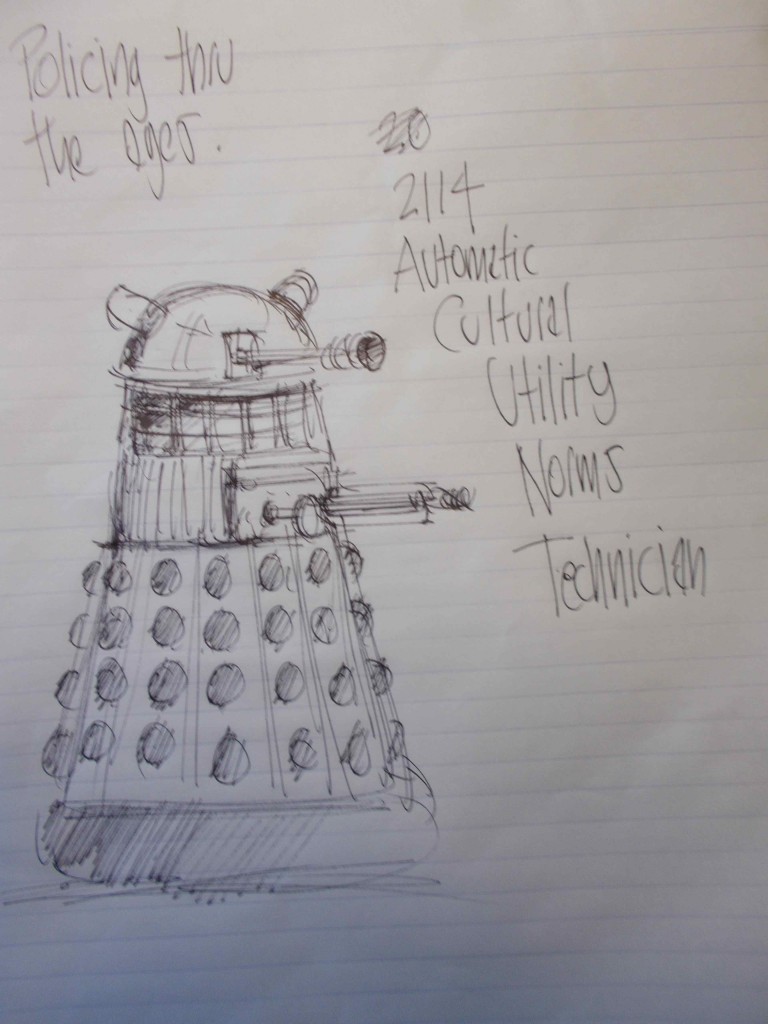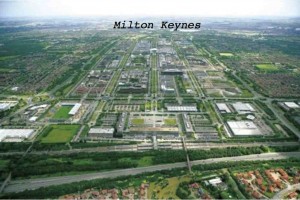by Harry Maher, from Eureka Street, 19 August 2014
Inequality matters. Inequality is dangerous. And inequality is at a near all-time high. At its core, the Government’s recent budget not only engenders but actively exults in the creation and maintenance of inequality, a phenomenon rapidly expanding not just in Australia, but around the world. Generations of economists have promised that free markets and competition would bring an end to disparity in society. But the statistics are out. And the statistics don’t lie.
French economist Thomas Piketty’s ‘Capital in the 21st Century’ presents a comprehensive history of inequality and capitalism. Lamenting the never-ending arguments between economists regarding the effect of capitalism on inequality, where each side of the political spectrum merely asserted their views and pointed to the other side’s lack of evidence as proof of their own views, Piketty presents a comprehensive, impartial and statistical view of income and wealth inequality over the last 150 years. His statistics demonstrate conclusively that the free, uninterrupted and unfettered operation of capitalism inevitably leads to widening inequality, as is occurring around the world and in Australia, even without the help of Hockey’s inequality budget.
Piketty’s history shows inequality climaxed in 1913, at the end of a period of uninterrupted capitalism, before rapidly diminishing as the First World War, Great Depression, Second World War, and finally the Cold War effectively disrupted and prevented the free operation of capitalism. Post WWII, economists heralded the return to peaceful capitalism and a drop in inequality. But Piketty’s stats show the exact opposite. Since 1960, global income and wealth inequality has steadily and consistently increased, climaxing in the present day at near 1913 levels. Capitalism and inequality, Piketty shows, perpetuates inequality, which under the hegemonic operation of free market economics, has grown to unconscionable proportions.
However Piketty, as a mere statistician, stops short of attributing the series of global crises beginning in 1913, the highpoint of global inequality, to inequality. That bold link is made by Hannah Arendt, who in examining the origins of totalitarianism and the dark 20th century, cites explicitly the heightened inequality of income. Capitalism leads to inequality (that much is clear from the stats, that don’t lie), which in turn inevitably leads to the problem of over-saving in the rich and superfluous capital. Yet superfluous capital cannot remain idle – due to the very rules of capital itself – and hence becomes a major destabilising force, as money pursues more money pursues more money. It was the destabilising force of inequality and superfluous capital in the early 20th century that led to imperialism, an attempted outlet of capitalism, and inevitable conflict over scarce resources triggering WWI and WWII vis Arendt. The 20th century was soaked in the blood of the innocent, resulting directly from inequality endemic to the modus operandi of capitalism.
Yet inequality is not a problem of the past, and world leaders would do well to heed the lessons of history lest they be devoured by history, as inequality reaches near 1913-levels. The GFC, the greatest economic crisis of our generation, was caused by the age-old problem of superfluous capital; inequality created excessive savings in the rich, which sought further profit through risky sub-prime mortgage derivative products, that eventually unravelled, triggering a disastrous halt in our global system. But if the lessons of the past century are to be heeded, the GFC could be just the first dire warning of worse to come. So long as inequality is treated as a tolerable and necessary economic problem, rather than a social and moral problem, our leaders continue to lead us, like the Pied Piper of Hamelin, obediently over the cliff’s edge, just as in 1913 (while we don’t look up from our iPhones!).
But surely, many would reply, capitalism has delivered immeasurable prosperity and progress, and a luxurious quality of life? As the tide rises, all boats are eventually lifted, the popular argument goes. Yet this view is based on an unbalanced snapshot of global capitalism. Sure, capitalism and free trade may have brought prosperity to Australia, but this is at the direct expense of those labouring in the sweatshops of the developing world, and the starving children of the parents who grow our coffee in the African sub-Sahara.
That is why ‘boat people’ unsettle Australians on such an existential level. They give us a brief glimpse of the global economy, of the widespread institutional inequality and of the suffering and poverty just beyond our fortified borders. They are indeed ‘economic refugees’ fleeing from our global hegemony that brings nothing but poverty, conflict and ruin. That is why a usually humane population is prepared to have desperate human beings shipped off to prison camps on faraway islands, out of sight, out of mind, because they remind us that our incredible privilege in Australia comes at such a heavy cost, a cost no man or woman should be willing to pay.
You see, it’s not capitalism and liberal democracy that I don’t accept, Alyosha, only I must most (dis)respectfully return my ticket. Is not the cost of salvation too high? How can one live on our edifice of unrevenged tears, of starving sick children. Surely my humanity, my Christianity, or my secular humanism tells me that I must reject an economic system in which I eat three meals a day, while next door, a neglected child dies of starvation? How then does one square the limitless opulence of parts of Australia with a world in which 3.1 million children die each year due to poor nutrition, according to the World Food Program?
Even in wealthy Australia inequality exists, in Indigenous Australia, in the working poor, and the underclass of impoverished unemployed that the budget enshrines. A recent Oxfam Report showed that the richest 1 per cent of Australian’s own the same amount of wealth as the bottom per cent, a rate of inequality below the OECD average. The ironic contradiction of the budget’s Christian-capitalist led attack on the poor and marginalised has not been lost on many. A generation of Christian leaders appear to have lost their moral compasses, engaging in a deification of money-making, and a reduction of the human person to nothing more than an economic asset; those that can’t ‘earn or learn’ are liabilities to be exploited, marginalised or abandoned.
How else but by a complete moral deficiency can one explain the brutal attack on foreign aid in the budget, cloaked in the pathetic excuse that ‘we can’t give away borrowed money’ (only one country in the world has no debt, meaning under Hockey’s normative conception of foreign affairs, no one but Norway gives to the starving)? How else but with a Faustian pact with the god of capital could one explain the attacks on pensioners, disability support recipients, the unemployed, and the sick, while negative gearing, mining super profits and the big banks are left untouched? The poor scream and suffer, while Pilate washes his hands and laughs. Sure, the rich can only enter the Kingdom of Heaven on a loaded camel through the eye of the needle, but who needs the Kingdom of Heaven when money reigns as deity supreme?
Inequality remains the greatest danger of our century, both in Australia and overseas. Again according to Oxfam, as of June 2014, sixty-six ‘devils’ control the same amount of wealth as three and a half billion people, half the world’s population. Such staggering global inequality is not only morally unjustifiable, it is unsustainable. An estimated 1.3 billion people living below the poverty line cannot, must not, be allowed to continue.
But what is the alternative? Revolt? Revolution? Democracy? I have neither the time nor economic expertise to delve into the need and means to effectively tax wealth and the trillions in tax havens and offshore accounts, and to open up economic and political opportunity to the marginalised. Instead, I hope to highlight that somewhere we have gone dramatically wrong, and created a world that on the dawn of the 21st century is inherently immoral. A world in which a sixth of the population subsists on less than $1.25 per day, in which over 3 billion manage on only $2 per day. Forty-five years ago we put a man on the moon yet today 1.5 billion people do not have access to clean drinking water. It is only when the economic inequality at the core of our social organisation is recognised as a moral problem that we can properly eliminate extreme inequality, and all the dangers it brings.
Yes, there is hardly a straightforward solution, and the gods of money and power stand directly in its way, but the alternative is dire. If inequality is allowed to continue its meteoric rise, against the backdrop of the desperate voices of pensioners, students, and the unemployed rising in lament, the GFC and the inequality budget may only be the pre-tremors in a devastating earthquake precipitated by our inequality. Exactly a hundred years on from when greed, wealth and inequality plunged the world into thirty years of catastrophic conflict, disregard history at your peril.
Harry Maher is a second year Arts/Law student at Sydney University. His interests include politics, liberation theology and Russian literature. This essay is the second prize winner in the 2014 Margaret Dooley Award for Young Writers.




